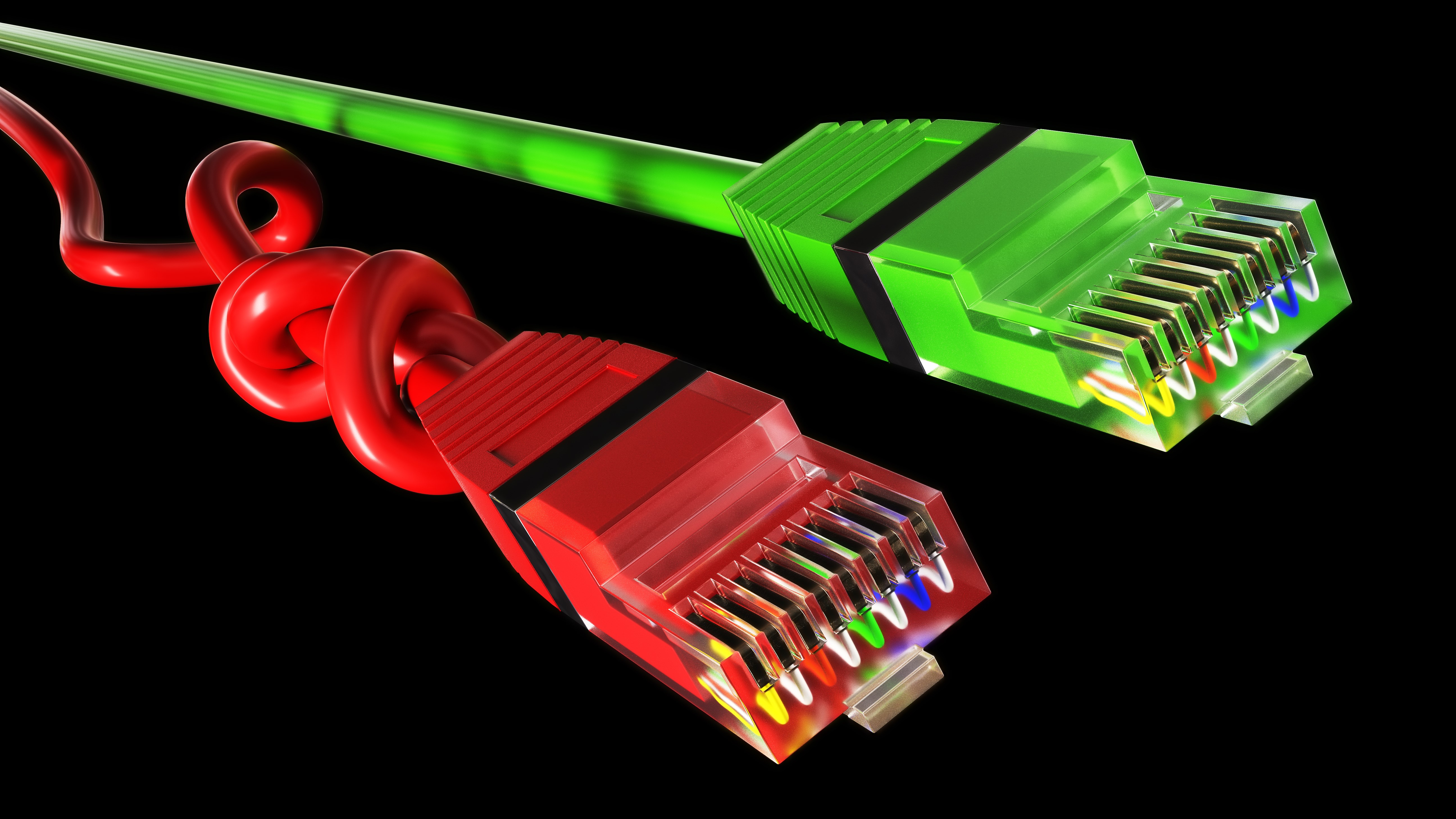Internet service providers will now be able to block and throttle certain websites, as net neutrality in the United States is buried by the Federal Communications Commission (FCC).
On Thursday, the FCC voted 3 to 2 to repeal Title II of the Telecommunications act which classified Internet Service Providers (ISPs) as ‘common carriers’.
This classification, introduced by the Obama government in 2015, left ISPs subject to stringent, pro-competition regulation from the Federal Trade Commission (FTC).
ISPs will no longer face these regulations, with fears beginning to surface regarding potential censorship and increased costs.
The man behind the move was Republican Chairman of the FCC, Ajit Pai.
Appointed by President Trump in January, Pai has since sought to “free” the internet of government regulation -- and on Thursday he had his day.
“The Internet is the greatest free-market innovation in history. It has changed the way we live, play, work, learn, and speak,” he said on the vote.
“What is responsible for the phenomenal development of the Internet? It certainly wasn’t heavy-handed government regulation. Quite to the contrary.”
He assured the public that things would remain mostly normal.
“Following today’s vote, Americans will still be able to access the websites they want to visit. They will still be able to enjoy the services they want to enjoy.
“There will still be cops on the beat guarding a free and open Internet. This is the way things were prior to 2015, and this is the way they will be once again.”
What does this mean for Australia?
While the changes apply only to American law, Australians may still feel the pinch.
With ISPs in America now able to discriminate with the speeds they offer to customers, streaming services such as Netflix may have to pay more to receive access to the ‘fast lanes’.
This could mean higher monthly costs for everyday Australian users.
“We’re disappointed in the decision to gut #NetNeutrality protections that ushered in an unprecedented era of innovation, creativity & civic engagement. This is the beginning of a longer legal battle. Netflix stands w/ innovators, large & small, to oppose this misguided FCC order,” Netflix tweeted.
The backlash
The 3-2 vote followed party lines, with the two Democratic FCC commissioners left disgruntled.
“I dissent,” said Commissioner Mignon Clyburn.
“I dissent from this fiercely-spun, legally-lightweight, consumer-harming, corporate-enabling Destroying Internet Freedom Order.
“I dissent, because I am among the millions who is outraged.
“Outraged, because the FCC pulls its own teeth, abdicating responsibility to protect the nation’s broadband consumers.”
The vote itself was not without controversy.
On Wednesday night, the eve of the vote, New York Attorney General, Eric T. Schneiderman released a statement claiming as many as two million comments submitted to the FCC had used false identities.
He urged for a postponement of the vote, claiming he had received 5,000 reports regarding fake comments made by real (and sometimes deceased) identities.
“Millions of fake comments have corrupted the FCC public process – including two million that stole the identities of real people, a crime under New York law,” he said.
“As we’ve told the FCC: moving forward with this vote would make a mockery of our public comment process and reward those who perpetrated this fraud to advance their own hidden agenda.
“The FCC must postpone this vote and work with us to get to the bottom of what happened.”
What happens next?
Advocates for open internet are not done just yet.
They plan to appeal the result and take the FCC to court.
“We think we can beat them here, because they reversed orders that are barely two-and-a-half years old," said Policy Director for Free Press, Matt Wood.
Wood explained the FCC has a “50-50” track record in the courtroom, and believes they can win the -- what could be lengthy -- legal battle.
In the meantime, the FTC will monitor ISPs to ensure fair competition laws still apply.
However, if an ISP does choose to throttle certain data streams, and clearly outlines this to customers, the FTC will be unable to act under the new repeal.










